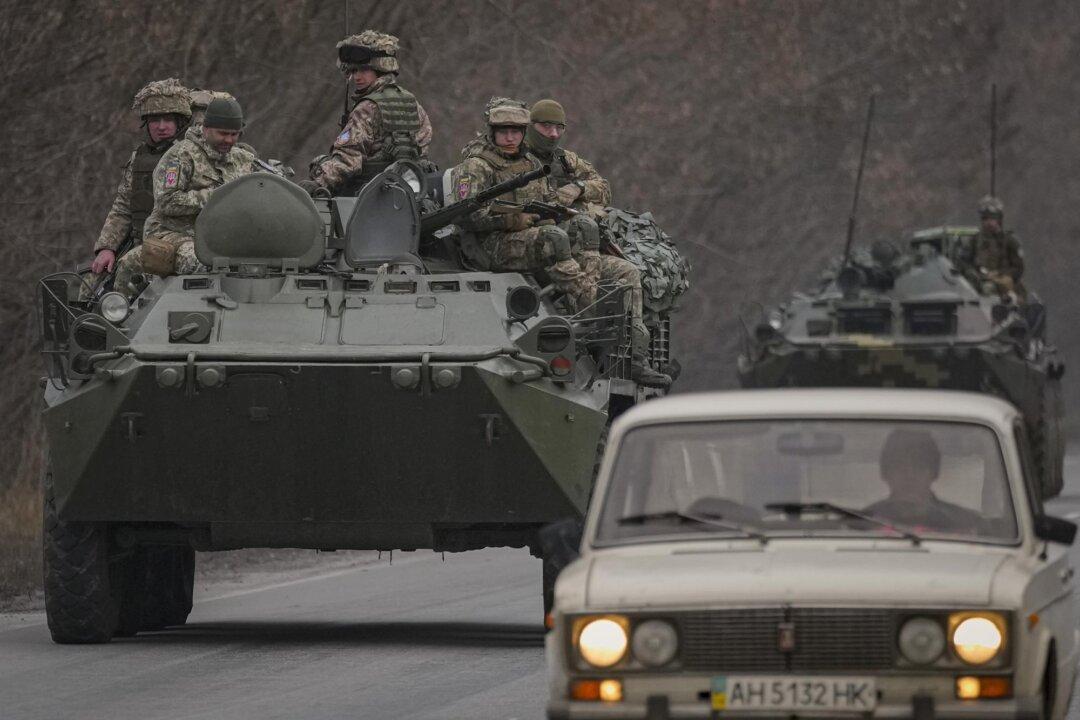Commentary
“Can’t anybody here play this game?” That was the title, supposedly quoting the words of legendary Major League baseball manager Casey Stengel, of Jimmy Breslin’s book about the hapless, 120-game losing, 1962 New York Mets.

“Can’t anybody here play this game?” That was the title, supposedly quoting the words of legendary Major League baseball manager Casey Stengel, of Jimmy Breslin’s book about the hapless, 120-game losing, 1962 New York Mets.